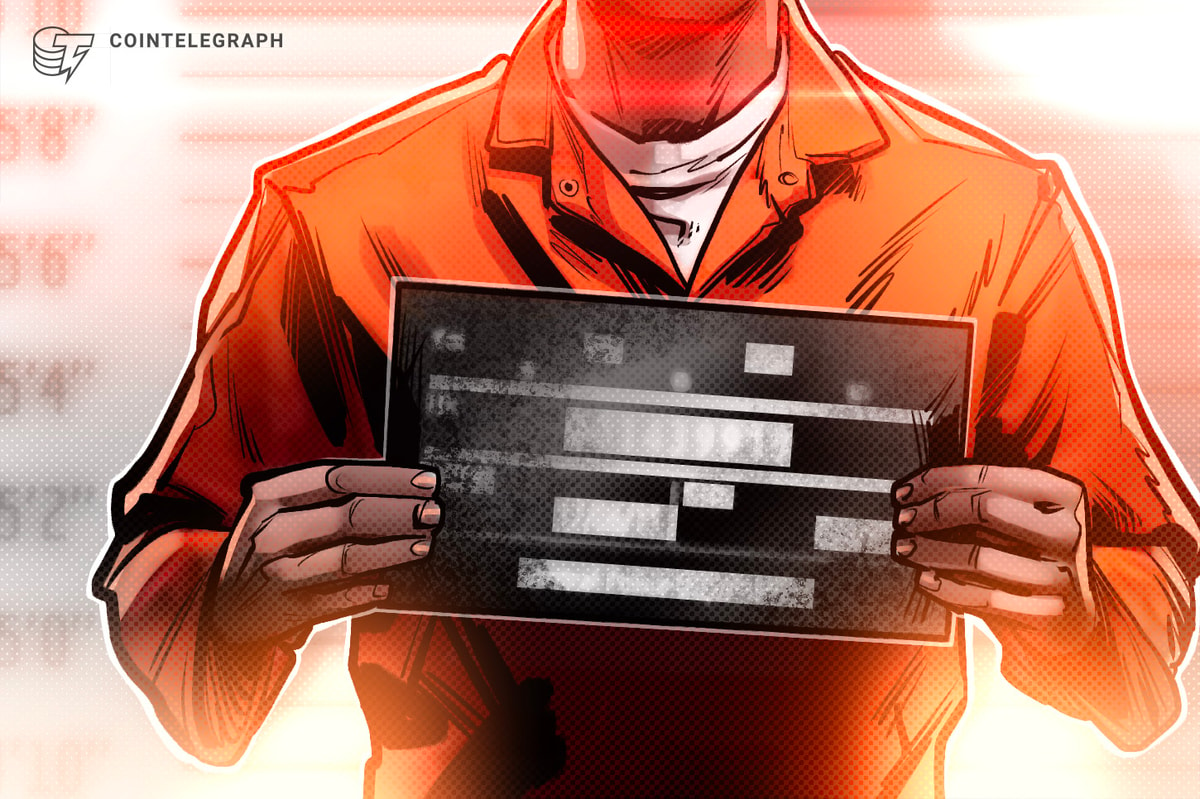Israeli web analyst claims that Islamic State is continuing to use Bitcoin as a means of funding. But the evidence he quotes is not enough to point at a trend as the amount mentioned was only 5 BTC. Taking into account the spread of cryptocurrencies in Israel itself, the statement appears to be just an example of Bitcoin-related media hype.
A report by the Israeli news source Haaretz cites a senior web analyst who told the publication that “There was smoke, and now we have found the fire,” following discovery of messages purported to be from IS members posted on forums hidden on the Dark Web.
Dark web accusations
Haaretz described the findings as a “revelation,” which “could also be pointing to a larger, more worrying trend” of IS increasingly turning to Bitcoin to finance its operations.
The news is by no means surprising: reports of “concerns” relating to IS’ involvement in the dark web surface frequently, often accompanied by evidence such as forum messages and appeals, even on mainstream social networking sites.
Haaretz recalls the discovering in July of a pro-ISIS blog titled “Bitcoin and the Charity of Violent Physical Struggle” in which a certain Taqi’ul-Deen al-Munthir argued for the need to use non-traditional methods to send payments to jihadist fighters.

“One cannot send a bank transfer to a mujahid [jihad fighter] or suspected mujahid without the kafir [infidel] governments ruling today immediately being aware,” Haaretz quotes him as saying. Al-Munthir also made references to Dark Wallet and Silk Road.
However, despite the fairly commonplace low-level findings such as these, very little concrete evidence of a concerted effort by IS to employ Bitcoin has in fact been found. Indeed, media reports such as these regularly come with considerable caveats with journalists using inflammatory language to distort the impact of given material or even forced to include provisos such as the likelihood of the concerns being a hoax. The Haaretz article appears to be little exception.
“Due to the increasing efforts of social media websites to close ISIS-related accounts it was estimated that global jihad activists would seek refuge in the dark web,” the analyst, Ido Wulkan, said. He cited findings of jihadists fundraising from a specific Bitcoin account, which seemed to have accrued approximately 5 bitcoins, worth at the time around US$1,000.
“But even if Islamic State fundraising for Bitcoins on the dark web is a phenomenon one might expect to see more of, observers note that, at present, it still represents only the tiniest drop in the bucket for the terror group,” the article concludes.
Reasonable Doubt
Such sentiment echoes that obtained by Cointelegraph from other sources in recent months. In an interview relating to the recent Charlie Hebdo massacre, former arms dealer Roman Nechaev stated that Bitcoin makes up “5-7%” of illegal arms trading, but that larger transactions are “impossible” due to the difficulties in withdrawing the currency. “Eighty percent of transactions are paid for in cash,” he added.
Both Nechaev and Matt Schroeder of the Small Arms Survey pointed to Bitcoin’s very nature in fact acting as a deterrent for illicit use, citing volatility in addition to difficulties with withdrawals at point of sale.
Recently there have also been claims that the US might have a role in funding ISIS. According to some reports in Pakistani newspapers, a man believed to be a Pakistani commander of Islamic State, Yousaf al Salafi, has confessed to law enforcement agencies to getting funds via the United States. It was not made clear, though, where exactly the funds came from within the US.
It is the huge amount of conflicting information, which ultimately casts uncertainty over “revelatory” claims relating to terrorist use of digital currency. Wulkan’s report that the Bitcoin address used to raise funds for jihadists, which Haaretz refers to as a Bitcoin “account,” “has since been seized and shut down by the FBI,” without a supporting explanation as to how the address was compromised and taken over, even makes accounts from those in the field all the more doubtful.
Bitcoin in Israel
Nonetheless, Israel has over the past year become increasingly known as something of a Bitcoin hub. Private enterprise innovations, even including Isracoin, a “local cryptocurrency” designed to “benefit the hard working population of Israel and help reduce cost of living and debt.”
The country also hosted an Inside Bitcoins Conference last October, and its Bitcoin infrastructure shows no signs of abating in spite of the odd warning of illicit use by terrorist organizations the other side of its borders and further afield.

Did you enjoy this article? You may also be interested in reading these ones:











